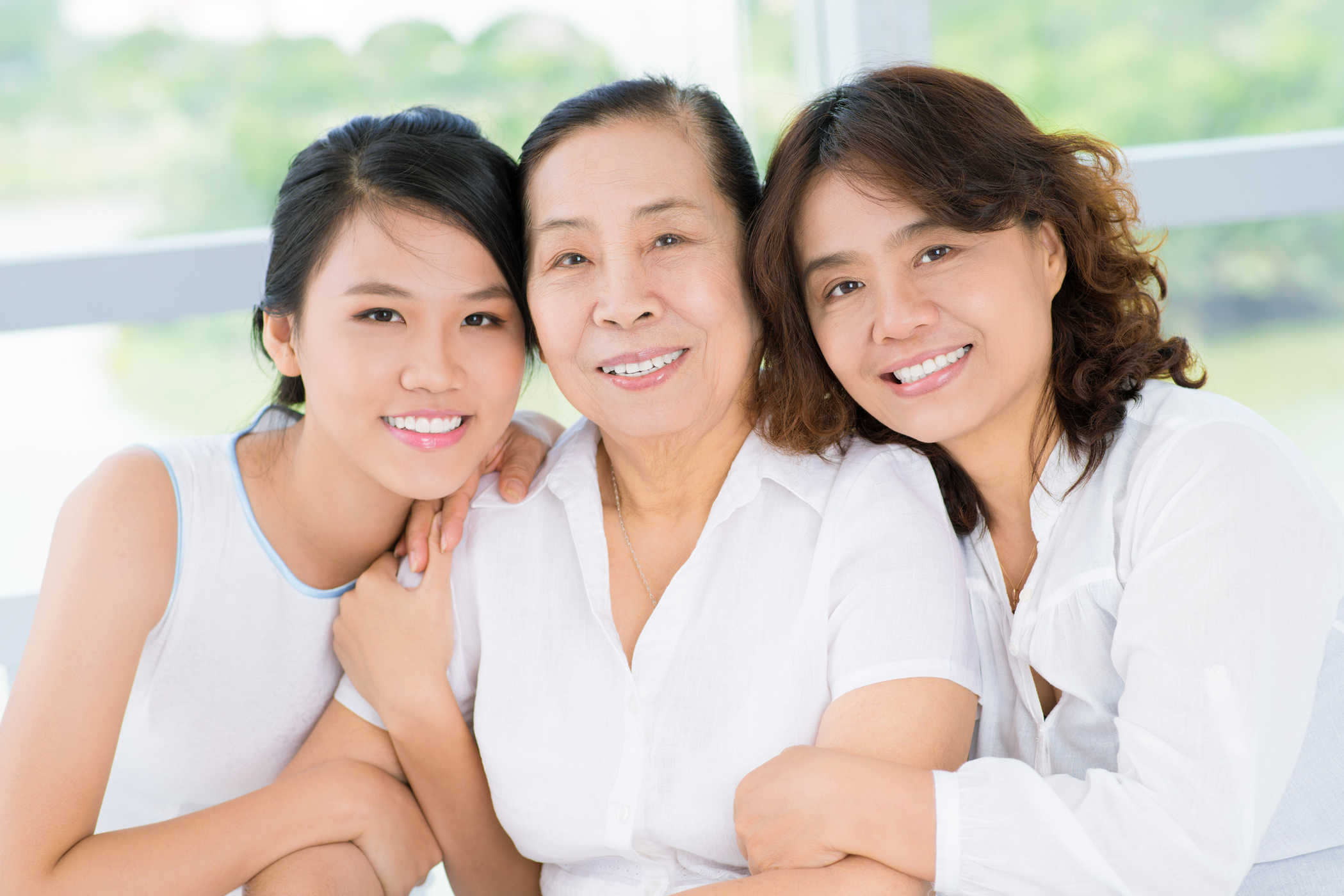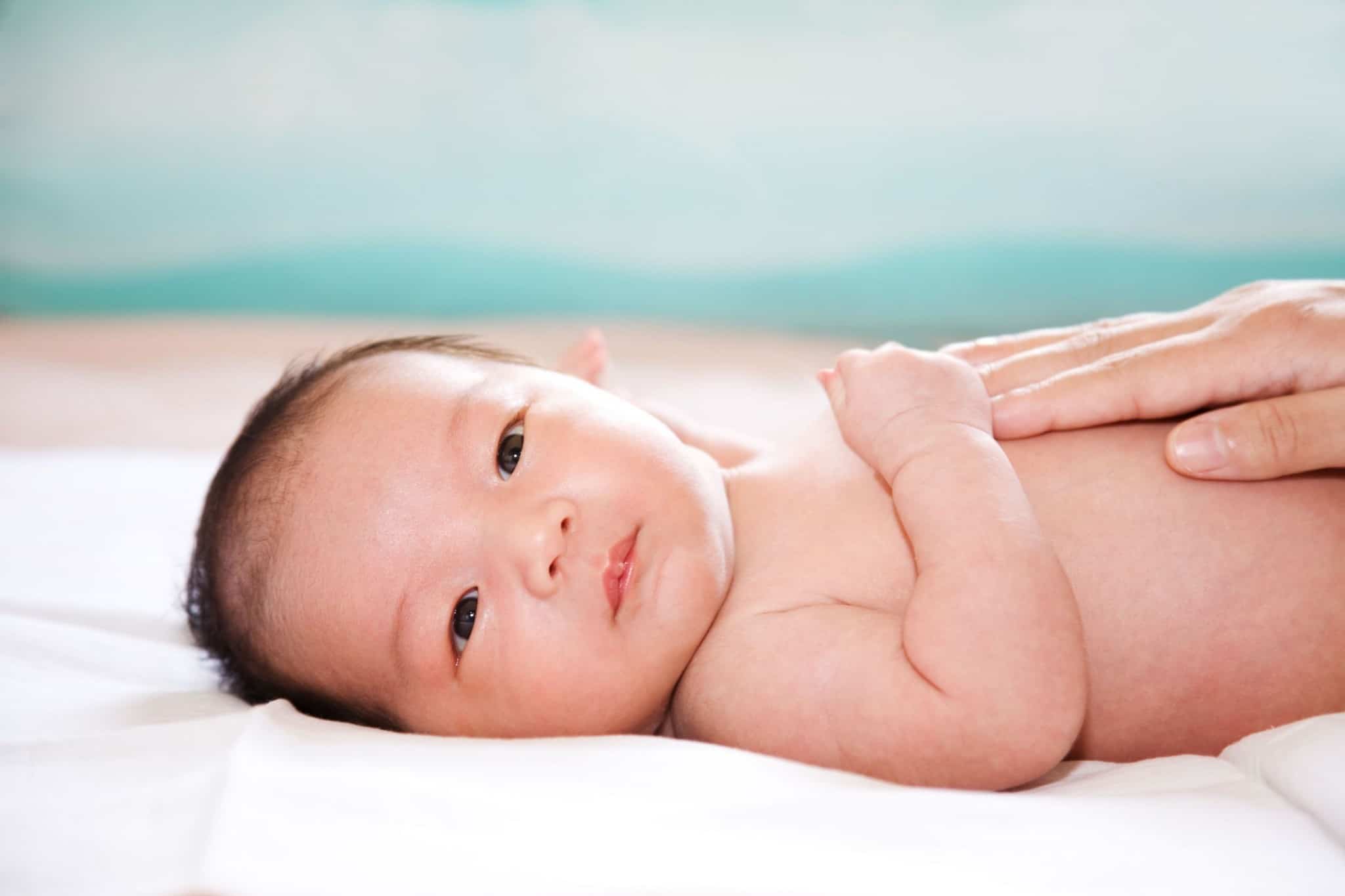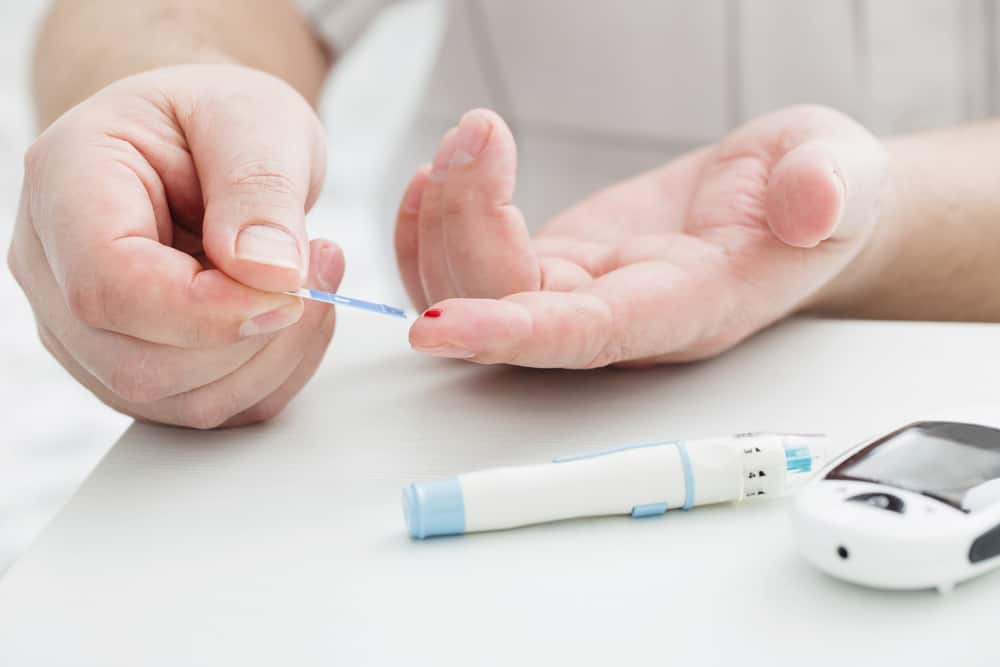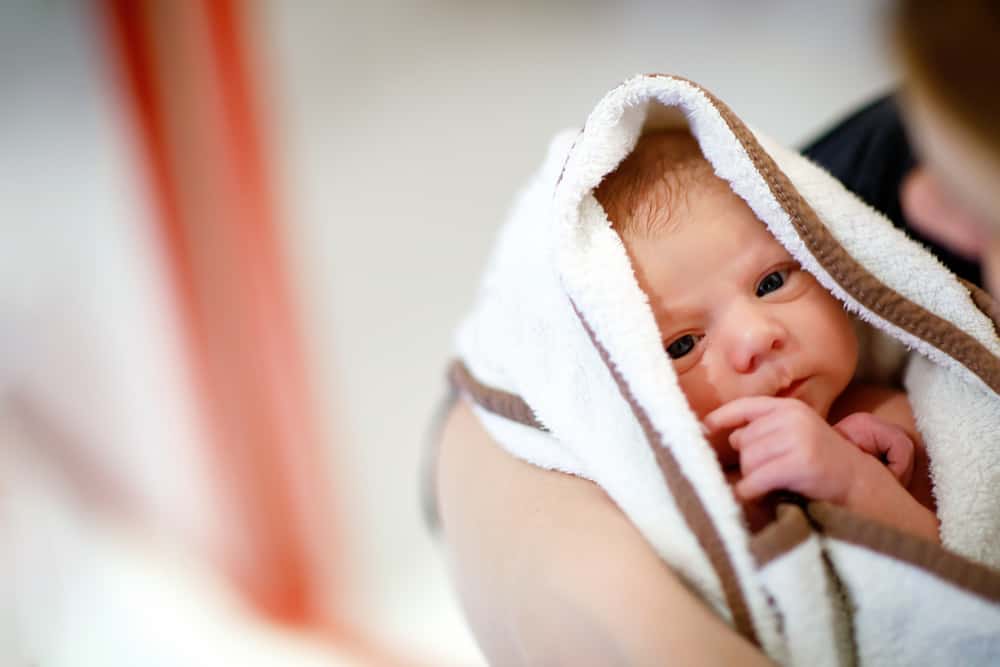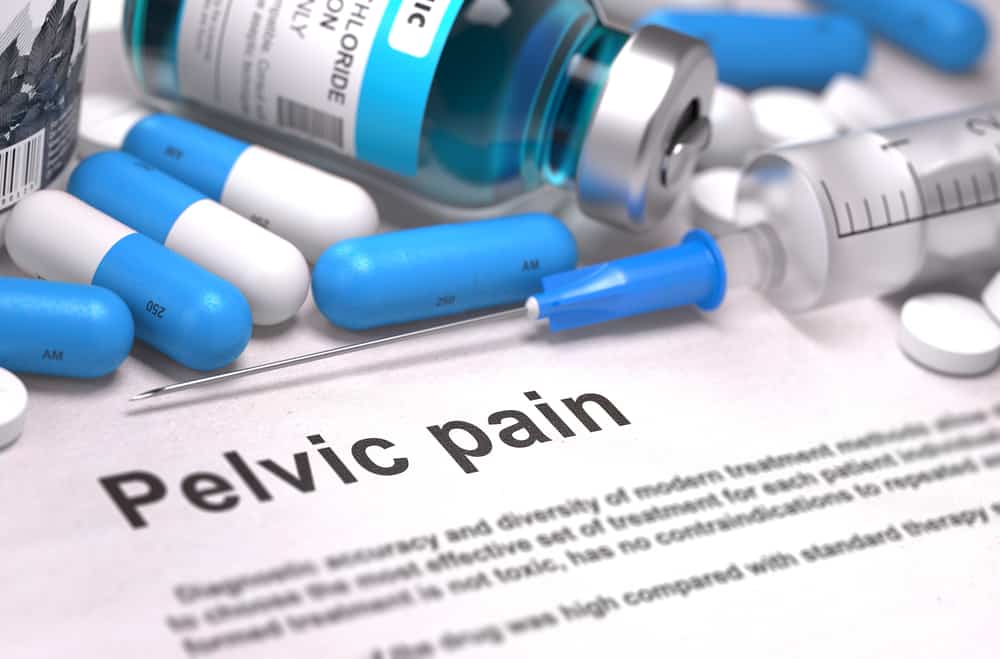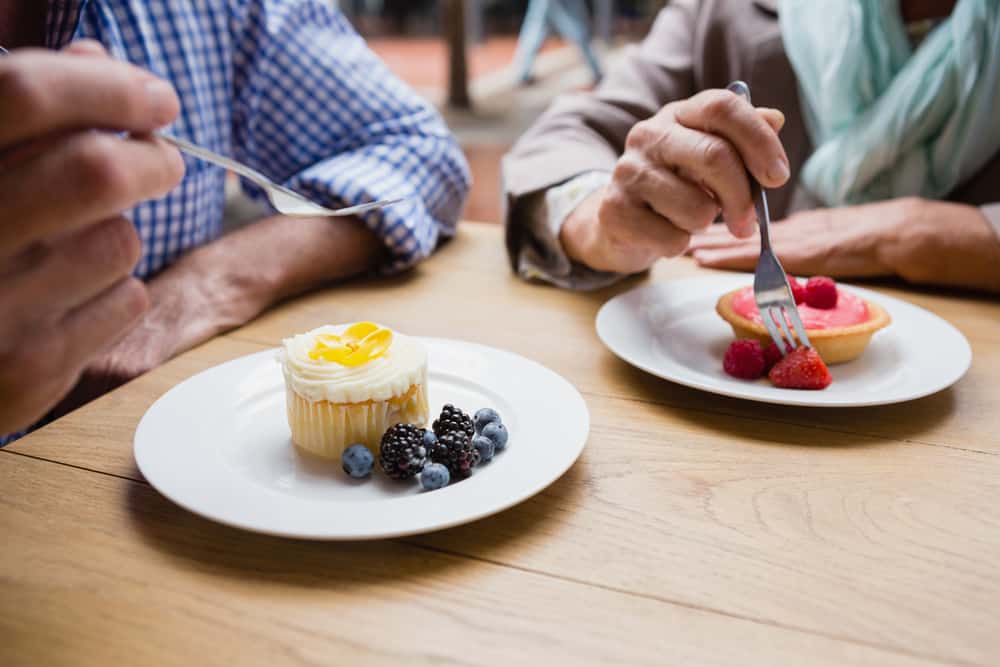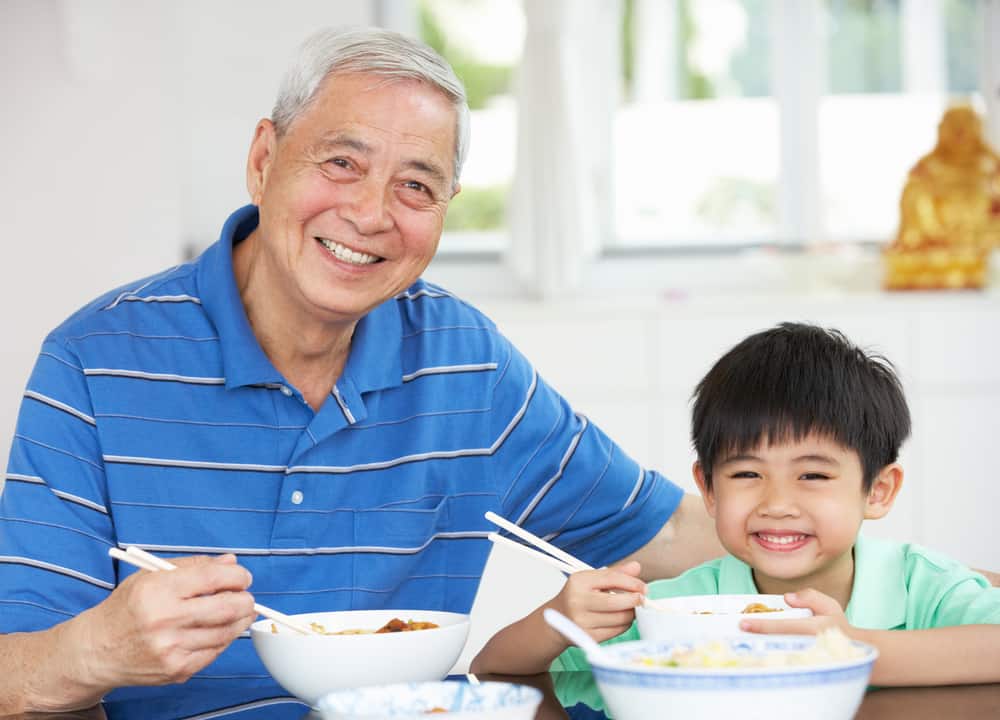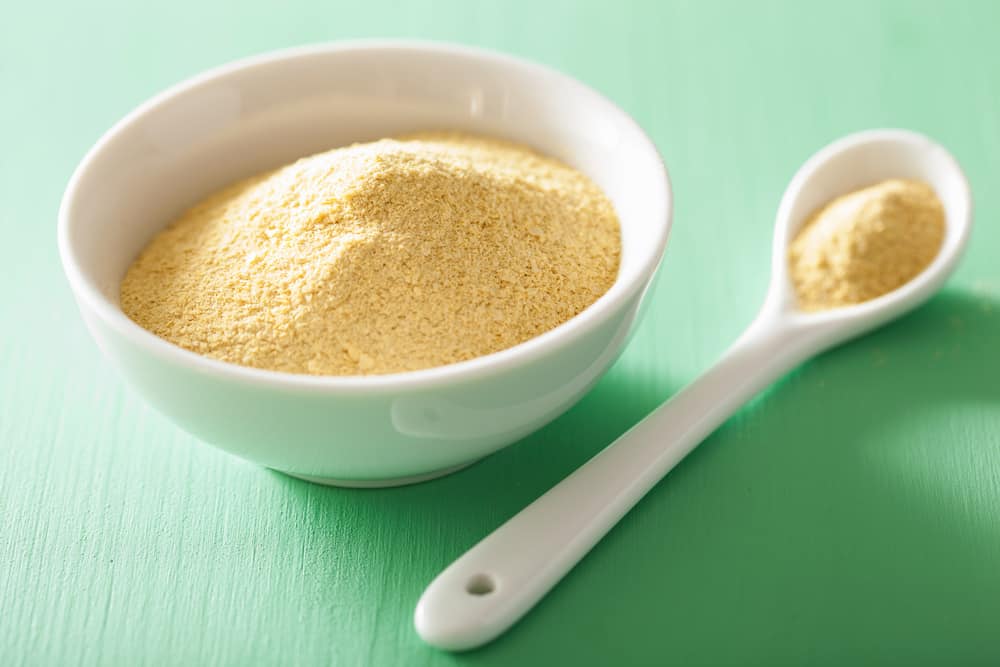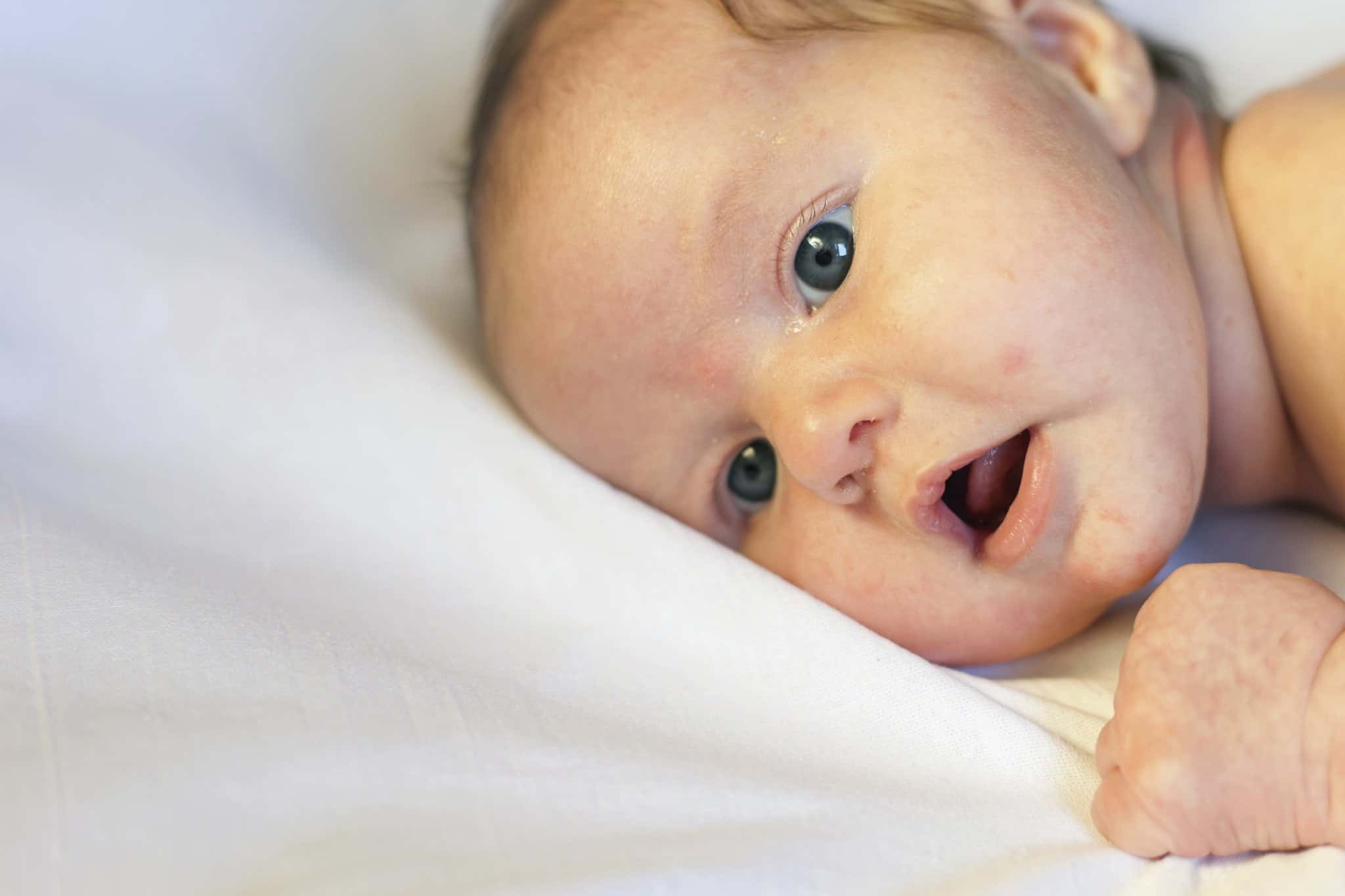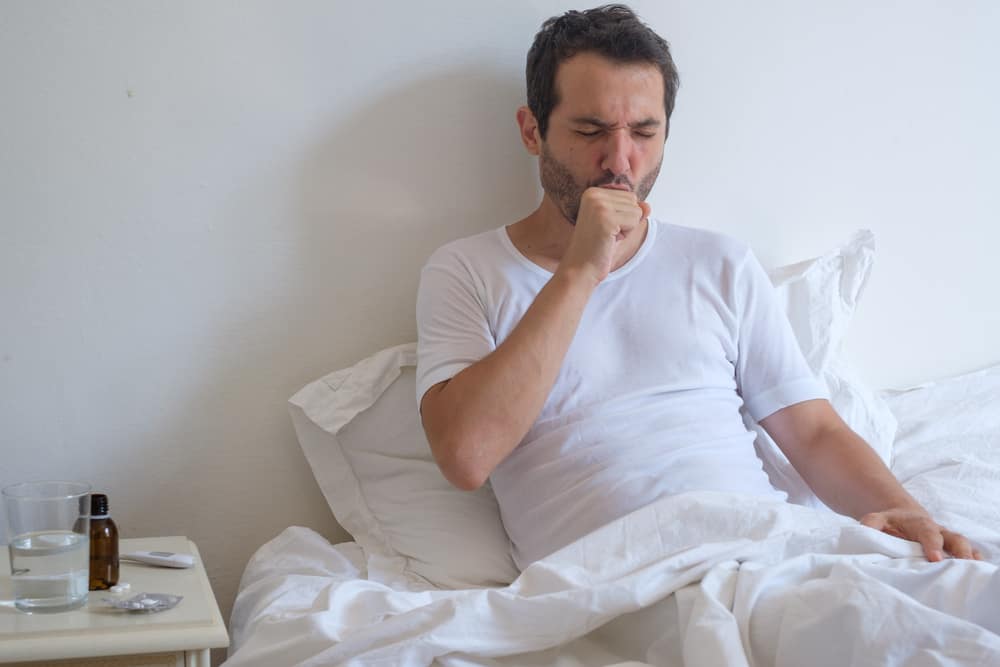Contents:
- Medical Video: Hereditary Breast Cancer - Mayo Clinic
- Genes' relationship with cancer
- Breast cancer due to offspring
- How do you check the BRCA gene?
- HER2 gene mutation
- Other risk factors for breast cancer
Medical Video: Hereditary Breast Cancer - Mayo Clinic
WHO data states that in 2011 there were at least 508 thousand women who died from breast cancer. Whereas in Indonesia alone, Ministry of Health data stated that the incidence of breast cancer in Indonesia reached 0.5 per 1000 women in 2013. In addition, early detection of 644,951 productive age women had been carried out by the Ministry of Health from 2007 to 2013 and found as many as 1,682 women with lumps in their breasts.
In general, women who have over 50 years of age have a higher chance of developing breast cancer compared to younger women. Then, is breast cancer really lowered?
Genes' relationship with cancer
Cancer can occur because cells make a wrong code when doing DNA replication, this is called gene mutation. Gene mutations can happen to anyone and at any time in our lives. In some people who have cancer at a young age, maybe gene mutations have occurred earlier due to stimuli and triggers from environmental factors. But this requires a long time, therefore most people have cancer in old age or adult. Cancer can also be caused by heredity, gene mutations have occurred in previous generations and passed to the next generation.
Breast cancer due to offspring
Women who have mothers, grandmothers, siblings, or aunts who have had breast cancer have a chance to experience breast cancer two to three times higher than women who have no history of breast cancer in their families. There are 5 to 10% incidence of breast cancer caused by offspring. This is related to the BRCA1 and BRCA2 genes that have undergone mutations and then passed down by parents to the next generation. BRCA1 and BRCA2 are human genes which are often referred to as tumor suppressor genes that function to control cell growth. Mutations that occur in this gene will cause the appearance of cancer cells.
Actually, every woman has BRCA1 and BRCA2 genes that are designed to repair damaged breast cells and store normal cells. A woman who has a BRCA1 or BRCA2 gene that has undergone a mutation has an increased risk of 80% for breast cancer. However, not always women with mutated BRCA1 or BRCA2 genes develop breast cancer.
BRCA1 and BRCA2 gene mutations can increase the chance of developing breast cancer. BRCA1 and BRCA2 gene mutations can be passed down by the father or mother who is the 'carrier' of this gene. As many as 50% of parents who become gene carriers of gene mutations, lower the gene to their children even to the next generation.
How much gene mutation can cause breast cancer?
All women are actually at risk for breast cancer and the risk will increase if they have mutated BRCA1 and BRCA2 genes. As many as 55 to 65 percent of women have BRCA1 gene mutations and 45 percent of women with BRCA2 gene mutations have breast cancer at the age of 70 years.
How do you check the BRCA gene?
There are several medical examinations that can tell whether you have a BRCA gene that mutates or not. This examination is important, especially if your family has a history of breast cancer. Having a BRCA gene mutation is rare, but if you can't confirm whether your family has breast cancer or uterine cancer, it's better to do a gene check. But if you do not have this history in the family, the chances are very small for you to have that gene.
HER2 gene mutation
Breast cancer does not occur only because of the mutation of the inherited gene, but the mutation of the gene can occur by itself in the body of a woman whose cause is unknown. The human epidermal growth receptor 2 or HER2 gene is a gene that functions to become a protein receptor in breast cells and plays a role in increasing breast cell growth. Every woman has the HER2 gene in her breast cells.
Under normal circumstances, HER2 is also responsible for repairing damaged cells and multiplying cells in the body. But when this gene mutates, the cells that grow due to HER2 cannot be controlled and cause cells to turn into cancer cells. According to the Mayo Clinic, at least 1 in 5 women who have breast cancer have mutated HER2 genes. This gene is not passed on from parents, therefore having close relatives who have positive HER2 does not increase the risk for breast cancer or has HER2 in the body.
Other risk factors for breast cancer
Heredity is only one risk factor that causes breast cancer. Various other factors that can increase the risk of breast cancer are age, race and ethnicity, first menstruation at less than 12 years of age, menopause after age 55 years, using contraceptive drugs, hormone therapy, and obesity and overweight. Therefore, it is better if you do a regular breast examination by feeling your breasts and feeling whether there is a lump or not. This can improve early detection of the incidence of breast cancer.
READ ALSO:
- Is Breastfeeding Really Preventing Breast Cancer?
- Characteristics of Inflammation of Breast Cancer: Without Lumps, But More Malignant
- 10 Symptoms of Stage 4 Breast Cancer

